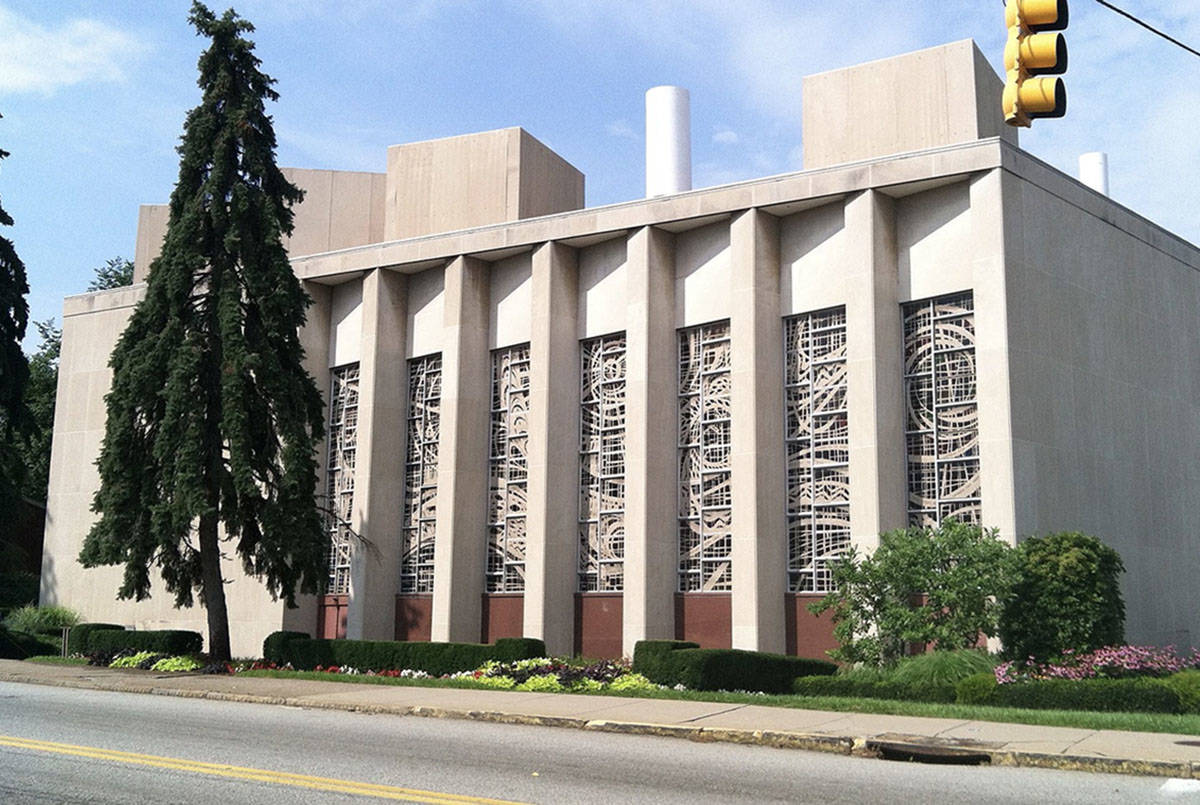I woke up this morning, far away in Korea, to horrifying news of anti-Semitic terrorism back home.
I haven’t yet got much to say about what happened, but I felt the need to respond to hate with tzedakah (charity). There’s little else I can do right now. In multiples of chai, I donated to these organizations:
Tree of Life * Or L’Simcha
This is the synagogue whose congregants were murdered.
HIAS
“Welcome the stranger. Protect the refugee.” This is the organization whose mission of kindness drove the murderer to his vicious act. Anyone who knows our history as a people understands that we have been refugees, time and again. As the Torah says:
And if a stranger sojourn with thee in your land, ye shall not do him wrong. The stranger that sojourneth with you shall be unto you as the home-born among you, and thou shalt love him as thyself; for ye were strangers in the land of Egypt: I am the LORD your God.
ADL
The Anti-Defamation League continues to fight anti-Semitism in America and around the world.
The Coalition to Stop Gun Violence
Murder requires tools. CSGV is working to end the cycle of gun violence that grips America.
The Democratic Congressional Campaign Committee
The president has openly encouraged political violence, and his party has done nothing to stop him. The murders in Pittsburgh and the mailing of bombs to prominent democrats, including one to George Soros, a favorite target of anti-Semitic conspiracists, are of a piece. America’s anti-racist majority needs the political power the vulnerable instead of inciting violence against them.
Edit (October 29, 2018)
As we learn more, I found out there were two other congregations praying at the synagogue at the time of the attack. I’ve donated to both.

